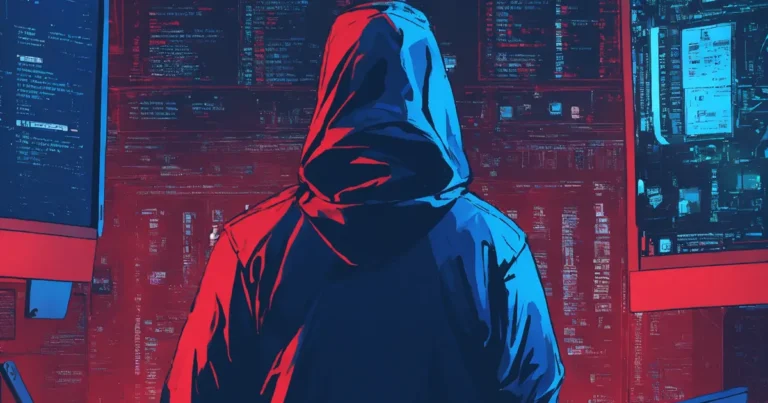8-4-2025 – The February cyber assault on Bybit, a cryptocurrency exchange rooted in Dubai, has been crowned one of the most audacious heists ever recorded. North Korea’s notorious Lazarus group is said to have pilfered a staggering $1.4 billion in Ethereum, leaving the crypto world reeling.
The breach was as cunning as it was devastating. It began when Bybit’s founder unwittingly wandered onto a tainted website, a misstep that flung open the doors to the exchange’s core Ethereum vaults. Once inside, the hackers wasted no time. According to CoinDesk, North Korean operatives set about scattering the loot through an intricate web of freshly minted wallets, wielding a toolkit of advanced tricks—think intermediary accounts and cross-chain bridges—to cloak the dirty money’s trail.
Andrew Fierman of Chainalysis shed light on the operation’s sophistication, explaining how the Democratic People’s Republic of Korea (DPRK) harnesses cutting-edge tech to rinse its ill-gotten gains. The stolen Ethereum didn’t stay put for long; it danced across platforms like Bitcoin, Tron, and Solana, with THORChain emerging as a linchpin. This blockchain service, adept at swapping tokens across networks, offered a nimble workaround that traditional, centralised systems could scarcely match without inviting the long arm of the law.
The fallout was seismic. THORChain’s trading floors buzzed with unprecedented energy in the hack’s wake, clocking a daily swap volume of $529 million the very next day. By month’s end, that figure had soared past $1 billion, funnelling millions in fees—Chainalysis reckons at least $12 million tied to the heist—into the pockets of validators and liquidity providers. Yet, this windfall has stoked a fiery row over the platform’s decentralised credentials. Champions of THORChain point to its army of over 100 validators as proof of shared stewardship, but detractors aren’t convinced. They cite moments of apparent meddling—like a temporary freeze on Ethereum swaps and the shadowy role of admin figures such as “Leena”—as evidence of a less-than-pure decentralised ethos.


